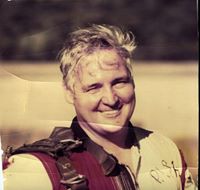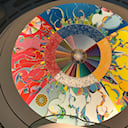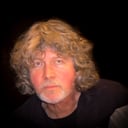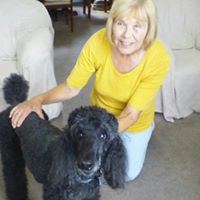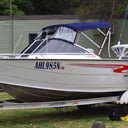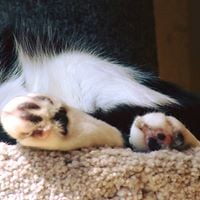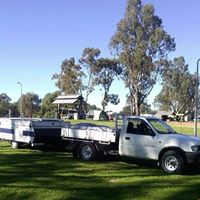The black swan is indigenous to which country?
Black swans are natives of Australia, including Tasmania, and mainly occur in Australia's south-eastern and south-western wetlands. In addition, there is an introduced population of black swans in New Zealand and Japan. Black swans inhabit rivers, lakes, and swampland in water that is fresh, salt or brackish. They prefer habitats that have aquatic vegetation, but sometimes live in terrestrial areas like flooded fields or dry pastures when food is scarce.
Black swans may be found on their own but they also often form loose groups consisting of several hundred or sometimes thousands of birds. They usually move in flocks, sometimes nest in colonies and are the least territorial of swan species. When food is scarce they are nomadic but otherwise they are sedentary. They travel at night and feed at dusk, but most of their activity is during the daytime. They are strong fliers, travelling together in a line or V shape, beating their wings slowly, which makes whistling noises. On the water as well as in flight, black swans make a range of high-pitched, musical, bugling, baying or trumpeting calls. They have also been heard to make a variety of softer crooning notes. If disturbed while nesting they tend to make a whistling sound.
More Info:
en.wikipedia.org
